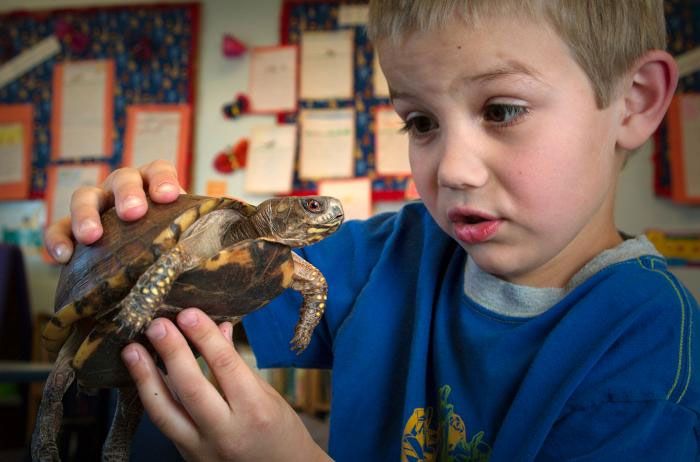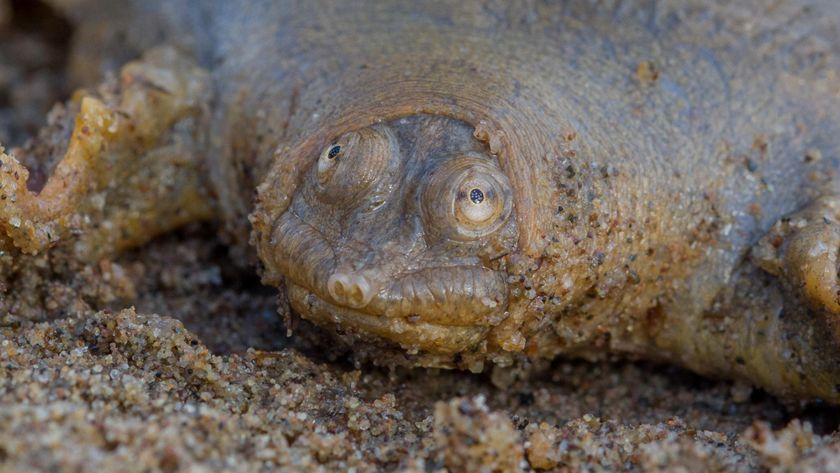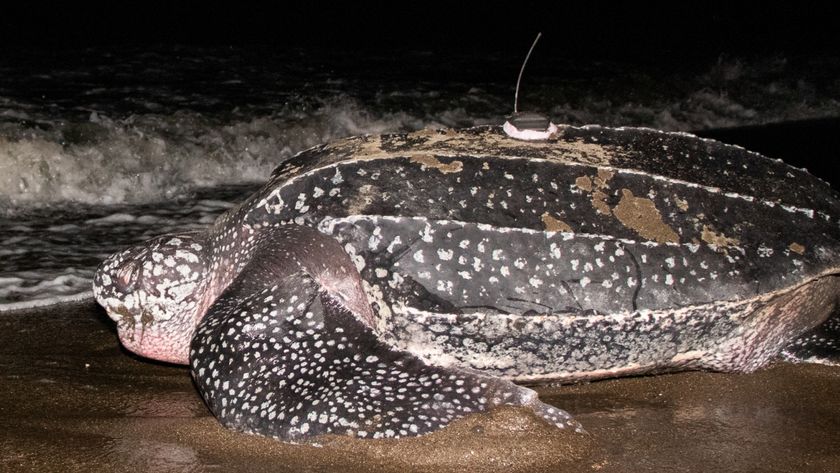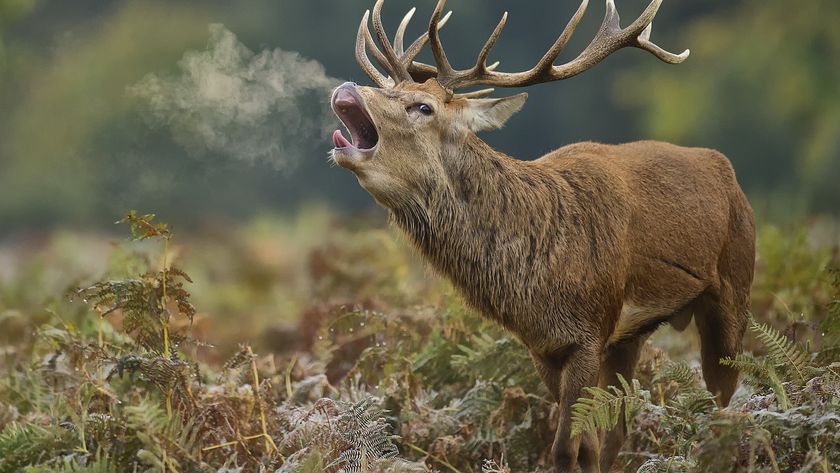66 People Sickened in Salmonella Outbreak Linked to Turtles

The Center for Disease Control and Prevention is investigating three separate Salmonella outbreaks linked with exposure to turtles, the agency announced today.
In 16 states, 66 people have been infected with outbreak strains of Salmonella bacteria, including 36 children under 10 years old. Eleven people have been hospitalized, and no deaths have been reported, the CDC says.
People should not purchase small turtles (those with a shell length of less than four inches), and should keep turtles out of homes, childcare centers and schools, the CDC advised.
The Salmonella strains associated with the outbreaks are known as Salmonella Sandiego, Salmonella Pomona and Salmonella Poona. These are rare types of the bacteria, the CDC says.
The Salmonella Sandiego and Salmonella Pomona strains have been seen in cases in the Northeast and Southwest, the CDC says. Cases in the Salmonella Poona outbreak have tended to occur in the Midwest and Southwest.
Investigations indicate exposure to turtles or their environments, such as water from a turtle habitat, are the cause of these outbreak. Cases started as early as last September.
Small turtles are a well-known source of human Salmonella infections, and should not be purchased or given as gifts, the CDC says. The FDA has banned the sale and distribution of these small turtles since 1975.
Sign up for the Live Science daily newsletter now
Get the world’s most fascinating discoveries delivered straight to your inbox.
Amphibians and reptiles can carry Salmonella germs and still appear healthy and clean, the CDC says. Salmonella germs are shed in their droppings and can contaminate their bodies and anything in areas where these animals live. Reptiles and amphibians that live in tanks or aquariums can contaminate the water with germs, the CDC says.
Pass it on: A total of 66 people from 16 states have been infected with outbreak strains of Salmonellaassociated with exposure to turtles.
This story was provided by MyHealthNewsDaily, a sister site to LiveScience. Follow MyHealthNewsDaily staff writer on Twitter @MyHealth_MHND. Find us on Facebook.













